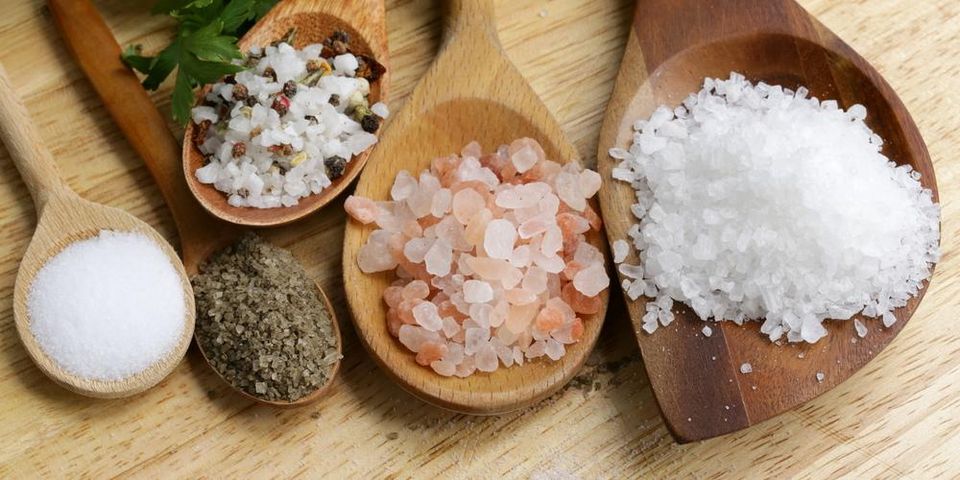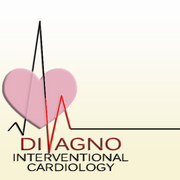3 Ways Sodium Affects Heart Health

When it comes to preparing restaurant-quality dishes, you might be tempted to toss in a little extra salt. Unfortunately, extra sodium is notorious for causing cardiovascular problems, especially in diabetics, senior citizens, or people who already suffer from heart issues. Here are three ways sodium affects your heart health and why you should consider avoiding your salt shaker altogether.
3 Ways Sodium Impacts Heart Health
1. Increases Your Blood Pressure
Eating dishes that are high in salt adds a tremendous amount of sodium to your bloodstream. When this happens, the sodium pulls additional water into your blood, increasing its volume and pressure. Unfortunately, high blood pressure can damage the cell walls of your blood vessels and arteries, creating long-term issues like water retention and kidney damage.
2. Puts More Strain on Your Heart
 As blood volume increases, so does the strain on your heart. The more blood your heart pumps, the faster it becomes tired, negatively impacting your heart health. Eventually, the heart can become so overworked it can enter the early stages of heart failure, which can be fatal.
As blood volume increases, so does the strain on your heart. The more blood your heart pumps, the faster it becomes tired, negatively impacting your heart health. Eventually, the heart can become so overworked it can enter the early stages of heart failure, which can be fatal.
3. Contributes to Heart Disease & Stroke
Sodium has also been shown to stiffen blood vessels, damage the aorta, and contribute to heart disease and stroke. In fact, high blood pressure due to excess sodium is one of the major risk factors for heart disease, which is the number one killer of adult men and women.
Are you concerned about your heart health? Contact DiVagno Interventional Cardiology, MD PA in Rochelle Park, NJ, to work with board-certified cardiologists who can evaluate and treat your underlying heart condition. With state-of-the-art technology and a focus on patient health, these physicians are dedicated to helping you stay healthy and happy. For more information about their practice, visit DiVagno Interventional Cardiology, MD PA online or call (201) 845-3535.
About the Business


